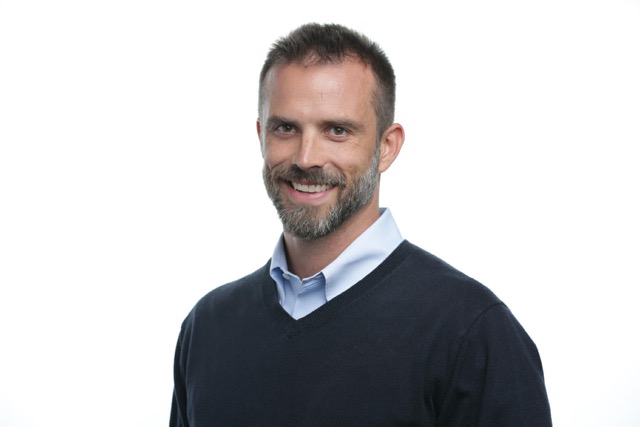 After graduating from Duke’s 3-year Master’s of Environmental Management/MBA joint degree program in 2014, Jack Beuttell followed his passion for entrepreneurship and sustainable agriculture. He is now the CEO of Kunoa Cattle Company, a vertically integrated, regenerative cattle company co-founded by Jack and several partners in Hawaii. Like most entrepreneurs, Jack does a little bit of everything—from general management to production development to operations and sales.
After graduating from Duke’s 3-year Master’s of Environmental Management/MBA joint degree program in 2014, Jack Beuttell followed his passion for entrepreneurship and sustainable agriculture. He is now the CEO of Kunoa Cattle Company, a vertically integrated, regenerative cattle company co-founded by Jack and several partners in Hawaii. Like most entrepreneurs, Jack does a little bit of everything—from general management to production development to operations and sales.
We asked Jack to share his thoughts about his journey so far.
Tell us about Kunoa Cattle Company. Why did you decide to launch it?
Currently, we manage about 2,000 head of cattle on 4,000 acres of land. We own and operate the state’s largest meat processing plant, and we sell branded beef products to groceries, restaurants, and direct to consumers. I started the company because I’m passionate about agriculture, climate change, and food systems. I focused on all of those activities while I was in school, and this opportunity presented itself, and I found it compelling.
What does the future look like? In 10 years where do you hope to be with Kunoa?
I hope that Kunoa is meeting a significant portion of Hawaii’s protein demands for beef and pork, and hopefully for poultry as well. I hope we are entrenched in the community, providing healthy food, valuable jobs, and serving as a catalyst for our food system in Hawaii, and that we have high-value export products that we’re sharing with the world.
How does Kunoa affect greenhouse gas emissions?
We are essentially diverting carbon emissions from going into the atmosphere and diverting them back into the soil. We do that by keeping cattle that are raised in Hawaii from going to the mainland, which in itself is a carbon intensive process. When they arrive on the mainland, they are put in feedlots, and they’re fed petroleum-based feeds which are not natural to their gastronomy, so they produce excess methane. By keeping the cattle in Hawaii, we let them perform their biological function, which is to accelerate photosynthetic production and lay organic material onto the soil’s surface.
Do you have any advice to future entrepreneurs?
The first thing is to be acutely self-aware, so when he or she decides to step out, there’s a deep internal commitment to the project. If that doesn’t exist then they will almost certainly fail. It’s really important to have a good support system: an emotional, physical, and psychological support system to stay healthy during the roller coaster ride. Be very intentional about time; there are so many competing activities and events in school, and you have to get over the fear of missing out. Just stick to your guns, and do what you believe in because it’s going to pay dividends in the end. I hope!
—
RELATED ARTICLES:
- Food vs. fuel: State of the debate
- Sustainability at Land O’ Lakes: Q&A with Jessica Wingert (MBA ‘14)
- Read more alumni profiles